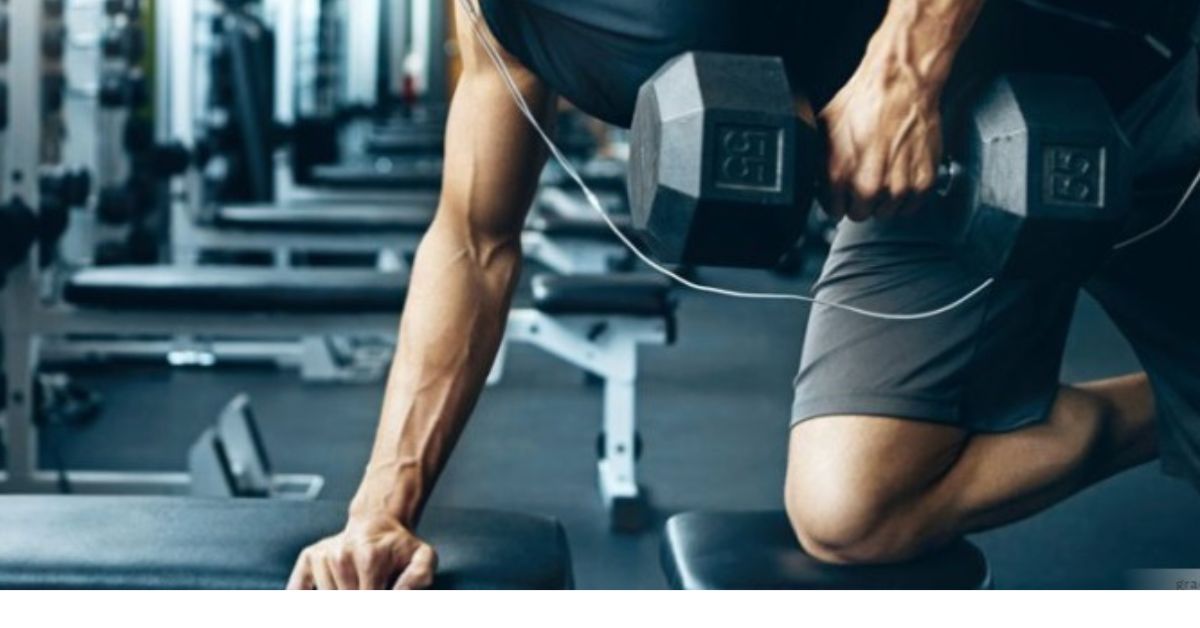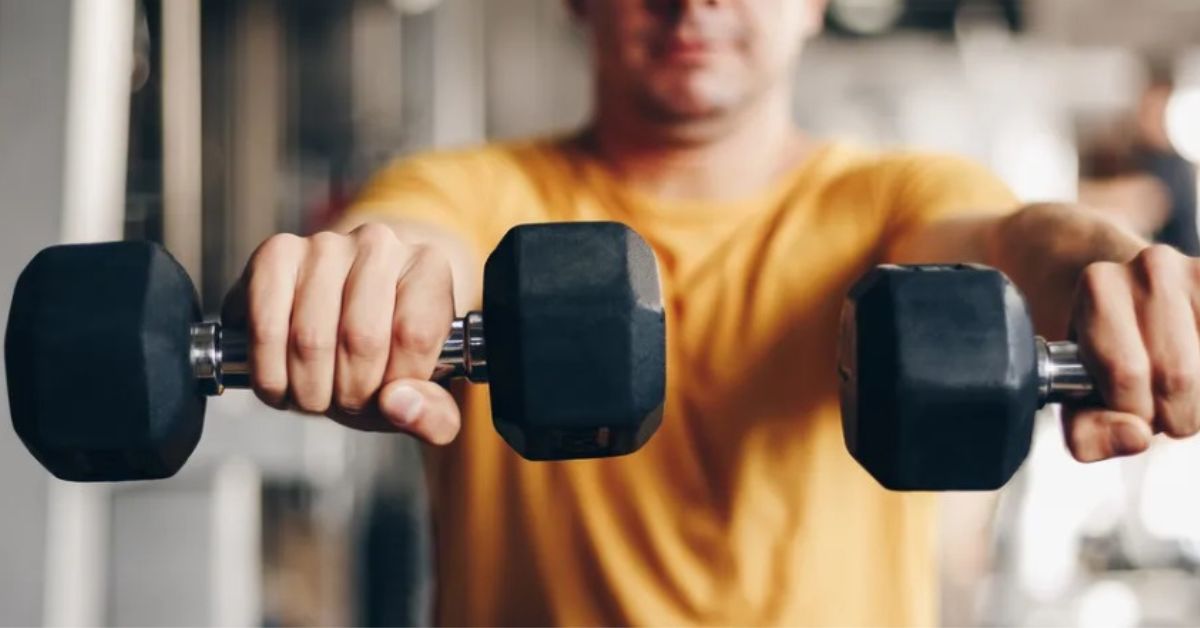- In the quest for improved health and fitness, it’s crucial not to be overly critical of yourself.
- Although the responsibility rests on your shoulders, it’s important to acknowledge that the challenges you face may extend beyond just three problematic foods.
- A comprehensive refrigerator audit could have unveiled a longer list of items to avoid.
- However, we’ll spare you the spectacle of a pepperoni hot pocket-eating contest – the less said about that, the better.
- The reason for singling out these three dietary adversaries is their notorious reputation for significantly impeding or even derailing, your path to better health and fitness.
Understanding the Culprits
The initial step in conquering the hurdles on your health and fitness journey is identifying the specific foods that can hinder your progress. By gaining insights into these troublemakers, you empower yourself to make more informed decisions about what you consume.
I. The Controversy Surrounding Fruits and Vegetables in Our Diets
- When it comes to the role of fruits and vegetables in our diets, opinions can be divided. Some individuals argue that not all fruits and vegetables are detrimental, emphasizing the importance of incorporating them thoughtfully into our meals.
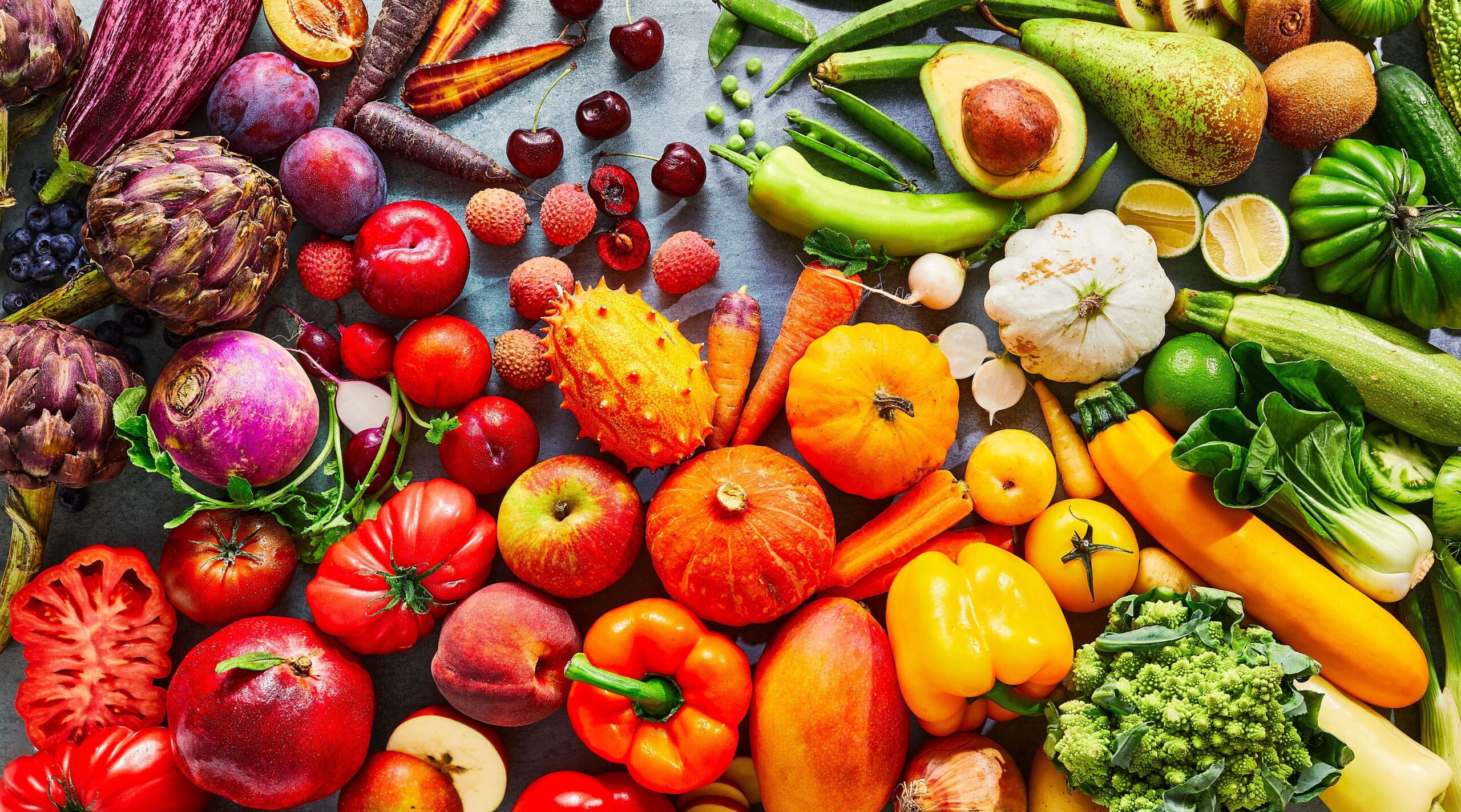
- They contend that even fruits with higher sugar content may not have as significant an impact on blood sugar levels, particularly if consumed in conjunction with a good source of protein. Delve into this subject for a nuanced understanding, avoiding broad statements about the effects of specific foods.
Sugar Content and Blood Sugar Levels
- One common misconception regarding fruits is their sugar content and its impact on blood sugar levels. While it’s true that some fruits are relatively high in natural sugars, they may not necessarily cause a significant spike in blood sugar when consumed mindfully.
- The key here is moderation and balance, as pairing fruits with protein can help mitigate their potential effects on blood sugar. Remember, the overall context of your diet significantly influences how these foods impact your health and physique.
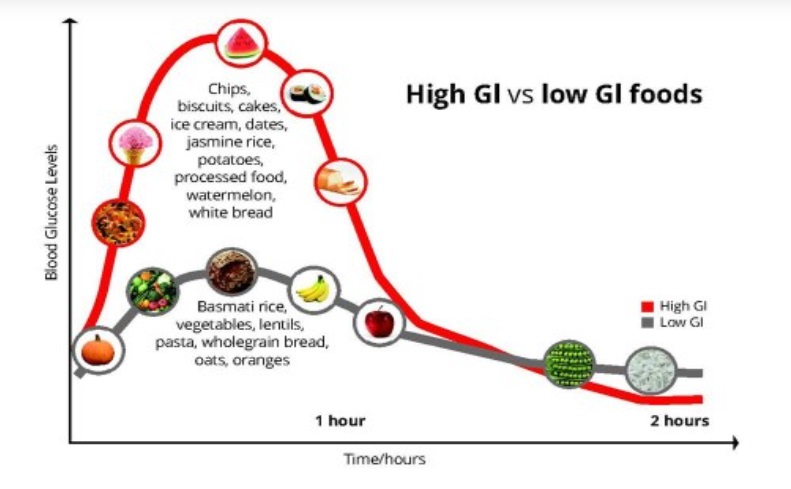
The Impact of Excessive Calorie Intake
- One of the primary issues related to fruits and vegetables in our diets is the potential for weight gain when consuming an excessive number of calories. While it may be tempting to assume that you can’t gain weight by eating fruits and vegetables alone, the reality is more complex.
- The number of calories you consume ultimately determines whether you gain, lose, or maintain weight. While fruits and vegetables offer essential nutrients and fiber, they contribute to your daily calorie intake.
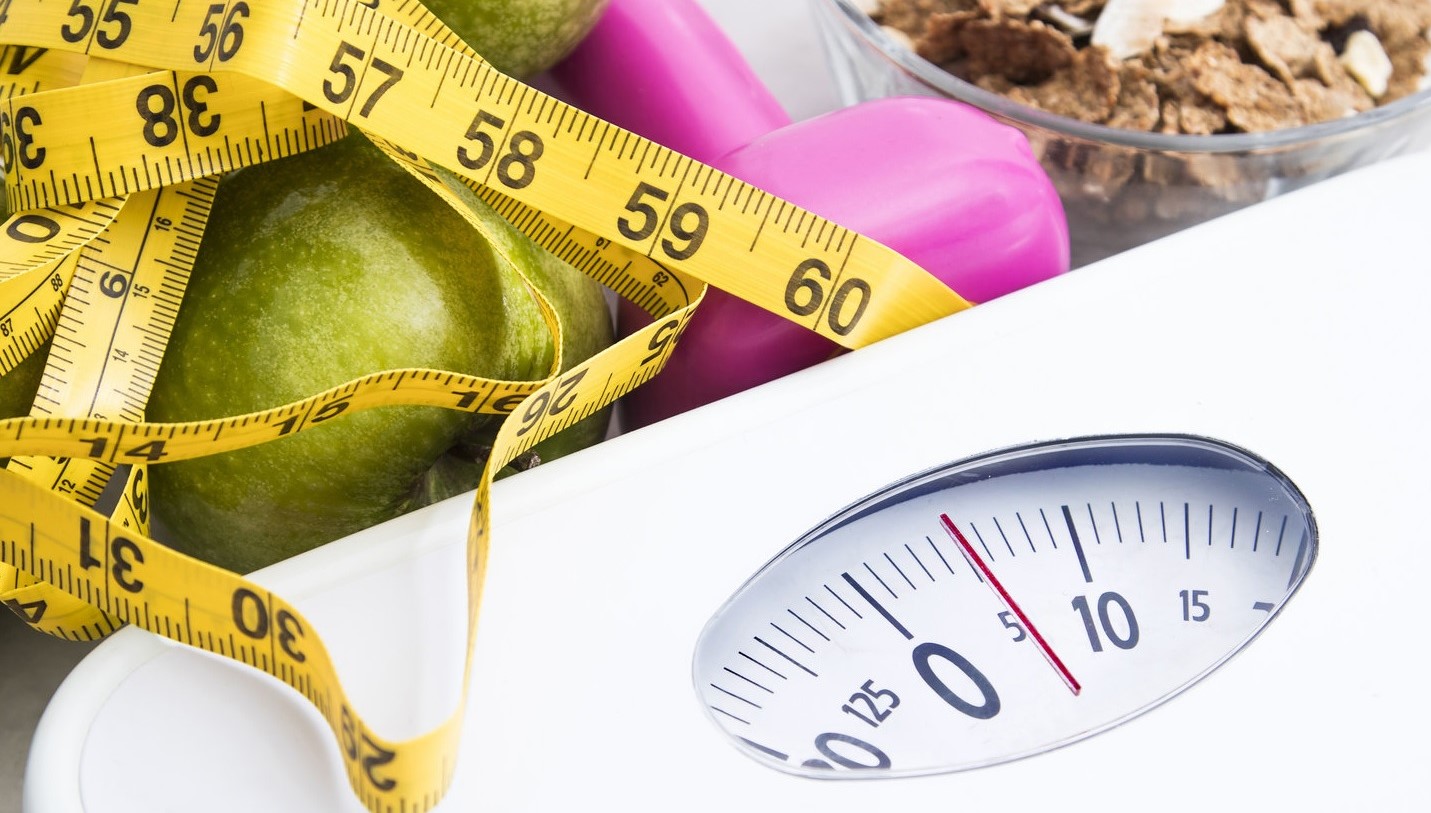
- The calorie content of fruits and vegetables varies, and even though they are generally lower in calories compared to many processed foods, it’s possible to overconsume them. Weight gain occurs when you consistently consume more calories than your body needs, regardless of the source.
The Importance of Dietary Choices in Achieving Your Goals
- Align your dietary choices with your current goals for optimal effectiveness. Whether you’re working on improving your physique or maintaining your current weight, your dietary choices should support those objectives.
- This means considering the number of calories you need and the macronutrient ratios that work best for you. While fruits and vegetables are undeniably healthy and should be a part of most diets, it’s vital to evaluate whether your current dietary choices are helping or hindering your progress.
- Fruits and vegetables do vary in their calorie content. While many of them are low in calories, some are higher due to their natural sugars and starchy content. For example, bananas, often considered a healthy snack, are relatively calorie-dense compared to many other fruits. The idea that you can’t gain weight from consuming fruits and vegetables, including bananas, is a misunderstanding of basic nutrition.
II. Navigating the Impact of Alcohol on Weight Loss
It’s vital to take this question seriously and recognize that alcohol’s effects extend beyond merely adding empty calories to your daily intake.
Caloric Considerations
- One of the most immediate concerns with alcohol is its contribution to your daily calorie intake. Alcohol contains calories, and depending on the type and quantity of alcoholic beverages you consume, these calories can add up quickly.
- Whether it’s beer, wine, or spirits, it’s essential to be mindful of your alcohol consumption and its calorie content.

Alcohol’s Influence on Eating Habits
- Beyond the calories in alcohol itself, there’s the issue of how drinking can impact your eating habits. Many people have experienced late-night cravings and poor food choices after consuming alcohol.
- Whether it’s indulging in greasy fast food, pizza, or other calorie-dense snacks, these choices can sabotage your weight loss goals. So, in addition to the calories from alcohol, you need to account for the potential extra calories consumed during or after drinking.

The Impact on Sleep Quality
- Alcohol’s effects on sleep can be a double-edged sword. Initially, it can make you fall asleep more quickly, which some might view as a positive effect. It can also lower your body temperature initially, which may promote sleep. However, as the night progresses, alcohol’s impact changes.
- While alcohol may help you fall asleep faster, it tends to disrupt the quality of your sleep as the night goes on. You’re more likely to experience fragmented and lighter sleep, which means less time in the crucial REM (rapid eye movement) sleep phase.
- REM sleep is essential for restorative rest and plays a significant role in cognitive and physical functioning. As alcohol’s sedative effects wear off, your body temperature begins to rise, interfering with your sleep architecture and leading to less restful sleep overall.

- So, while alcohol may initially make it easier to drift off, the overall impact on the quality of your sleep can be detrimental, affecting your overall well-being and making it more challenging to achieve your weight loss goals due to sleep-related factors.
Physiological Effects of Alcohol
- Alcohol exerts diverse physiological effects, impacting everything from the hypothalamus, regulating hunger and thirst, to testosterone levels, thyroid function, and cortisol levels.
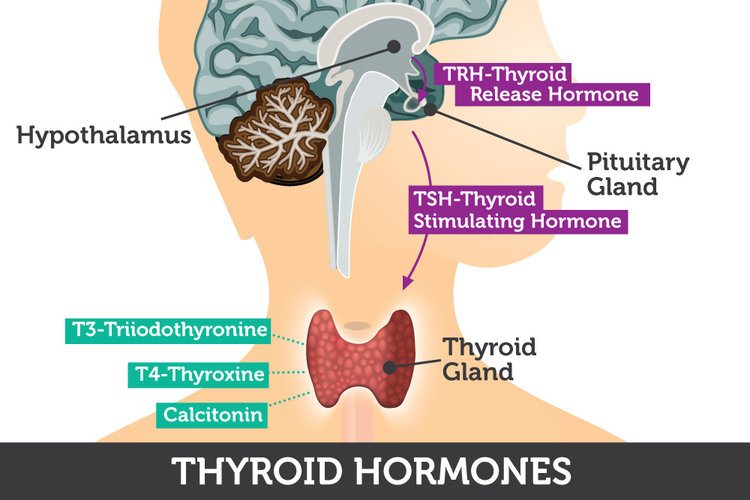
- Hormonal imbalances from alcohol consumption can impede metabolism, complicating weight loss. Moreover, alcohol weakens the immune system, heightening vulnerability to illnesses that disrupt fitness routines.
The Rapid Onset of Effects
- It’s important to note that these effects aren’t solely associated with long-term alcohol abuse. Even one night of excessive drinking can lead to immediate consequences on your body and your weight loss journey.
- Whether it’s a wild night out with friends or simply consuming a large quantity of alcohol in a short time, the negative impacts can be felt quickly.
Challenging the “Healthy” Alcohol Myths
- For those who believe that drinking alcohol, particularly red wine, is beneficial due to its touted antioxidants, it’s essential to reconsider. While red wine does contain antioxidants like resveratrol, the overall impact of alcohol on your health and weight loss goals can outweigh any potential benefits.

- It’s crucial to evaluate whether the potential antioxidants are worth the drawbacks associated with alcohol consumption.
III. Exploring Low-Calorie Food Choices
When seeking low-calorie food options, there are various selections available. These include popular products such as Crystal Light, Walden Farms items, magic noodles, and snack packs. While these choices aim to provide a low-calorie alternative, there are important factors to consider.
Challenges of Low-Calorie Foods
- One notable challenge associated with low-calorie foods is their cumulative impact. For instance, Crystal Light claims to contain merely five calories, but this claim is based on just a fifth of a packet.
- The practicality of consuming only a fraction of a packet is questionable, and it’s important to understand the implications of these portions. Moreover, products labeled as having zero calories may lead to digestive discomfort, raising concerns in the scientific community.
- An ongoing debate within the scientific community revolves around whether artificial sweeteners, commonly found in low-calorie foods, have an actual impact on gut health. This ongoing discussion underscores the need for further research in this area.
Experimentation With Continuous Glucose Monitoring (CGM)
- CGM is a technology involving a sensor attached to the skin to monitor blood sugar levels continuously.
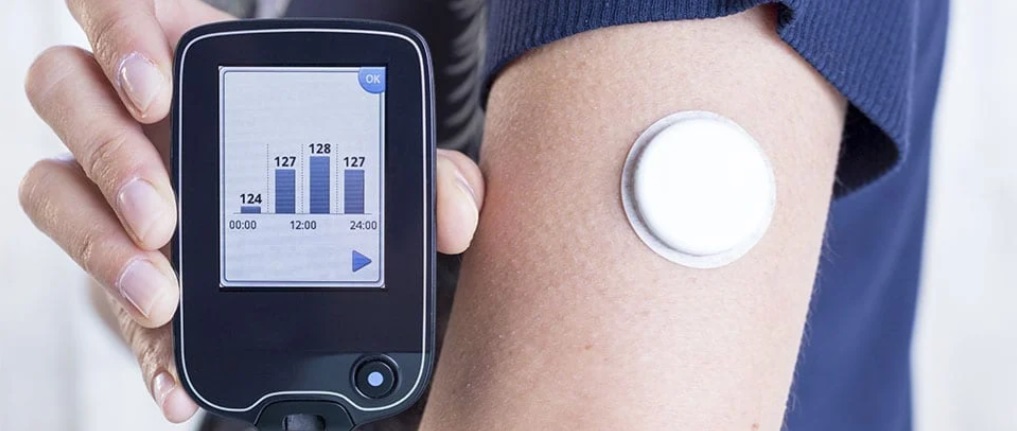
- CGM provides real-time data on how diet and other factors influence blood sugar levels. The primary aim was with a self-experimentation was to understand how artificial sweeteners affect blood glucose.
- Anecdotal evidence was gathered from personal experience. The results showed that specific artificial sweeteners had a noticeable impact on blood sugar levels.
- This suggests that not all artificial sweeteners are metabolically neutral.
Strategies for Triumph
- To overcome the challenges posed by these problematic foods, it is essential to develop effective strategies for success.
- Gain practical insights and strategies to empower healthier dietary decisions and maintain determination in achieving fitness objectives.
- Ultimately, while the blame may not entirely be yours, the responsibility for your health and fitness progress lies with you. By being mindful of the types of problematic foods and implementing strategies for success, you can take charge of your journey and steadily make progress toward your objectives.


